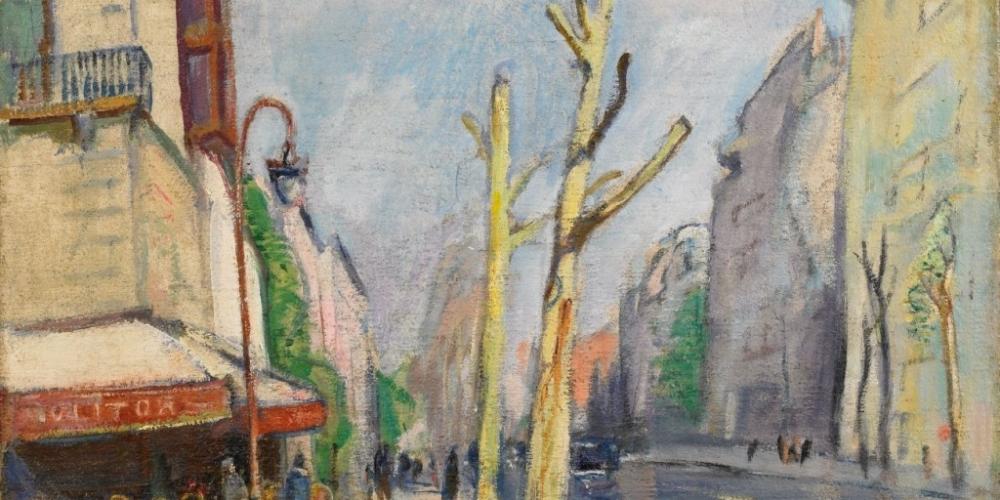
Asymmetrical Encounters: E-Humanity Approaches to Reference Cultures in Europe, 1815-1992
This project explored the cultural aspects of European identity by analysing the role of ‘reference cultures’ in European public debates between the Treaty of Vienna in 1815 and the Treaty of Maastricht in 1992 – the period that witnessed the heyday of the nation state as well as its gradual substitution by European integration.
ASYMENC investigated how these reference cultures – spatially and temporally identifiable cultures that offer a model to other cultures – have been established in public debates during this period. The project concentrated on cultural exchanges between major countries such as England, France and Germany, and smaller countries such as Belgium, Luxembourg and the Netherlands.
The aim of the interdisciplinary consortium of three European research centres at Utrecht University, University of Trier and University College London, which was later joined by the University of Gottingen, was to:
- push boundaries of multilingual text mining beyond their current state
- illustrate how important questions about European culture and identity can be asked and answered using large corpora of digitised materials
The project has used a new digital humanities methodology to study long-term developments and transformations of cultural imaginaries. The project has developed and used innovative digital humanities techniques to mine and analyse large collections of digitised newspapers and magazines currently made available by national libraries. The purpose was to discover long-term developments and breakpoints in public debates, but also to map the vectors of cross-cultural influences. To do this, the project developed new digital humanities algorithms and tools to apply ‘text mining’ on large multilingual corpora.
Prof. Joris van Eijnatten
Project Leader
Utrecht University
Netherlands
Project Partners
Prof. Joris van Eijnatten
Project Leader
Utrecht University
Netherlands
Prof. Caroline Sporleder
University of Trier
Germany
Dr Ulrich Tiedau
University College London
United Kingdom
Associate Partners
Ray Abruzzi
Cengage Learning-Gale.
Hans Jansen
Koninklijke Bibliotheek (National Library of the Netherlands)
Netherlands
Monique Kieffer
Bibliotheque Nationale de Luxembourg
Luxembourg
Roger Muench
Deutsches Zeitungsmuseum,
Germany
Johan Oomen
Nederlands Instituut voor Beeld en Geluid (Netherlands Institute for Sound and Vision)
Netherlands
Niels Beugeling
Persmuseum Amsterdam
Netherlands